Dear Moderator,
My name is Ashley Evans and welcome to my A Level Media Studies blog. This is a record of the work I have undertaken for the Making Media Non-examination Assessment (NEA) within the OCR H409 GCE A Level course in Media Studies.
I worked independently on Brief 3: Magazine and Online to produce the front covers and contents pages for the first two editions of a music magazine called Alt Parader, together with the magazine's accompanying website. My music magazine is produced by the independent music magazine Alt Parader and covers the alternative side to music genres such as Indie, rock, pop and punk!
Further down in my blog you will find evidence of my research and planning for this task.
I have inserted jpegs of my magazine's first edition cover and contents page below.
The link to my website, which was created using Wix, can be found at the link below.
The magazine consists of a homepage and a single linked page. The linked page can be accessed by clicking on the blog button:
HOME | ALT-PARADER Magazine


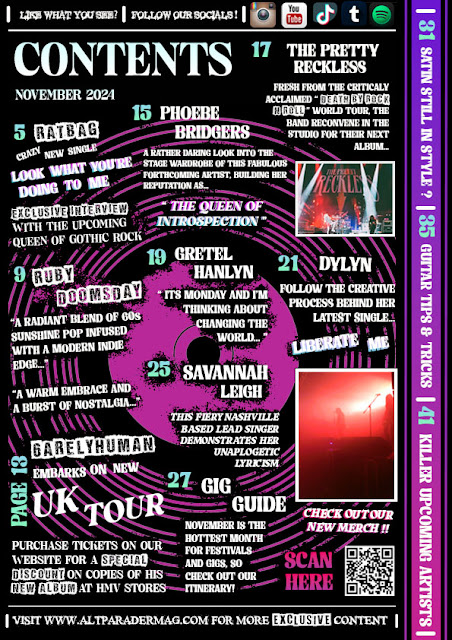




































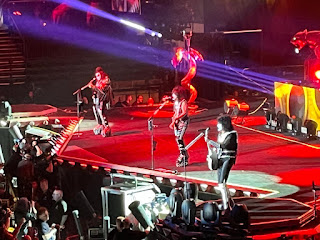


















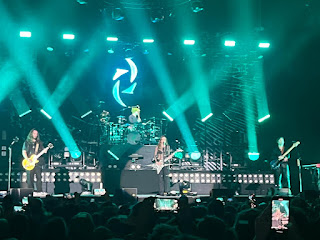




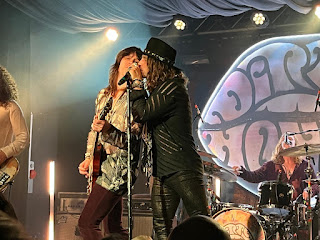



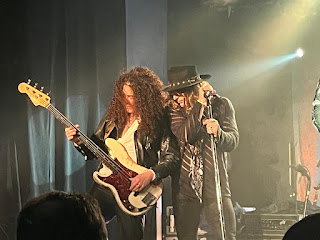


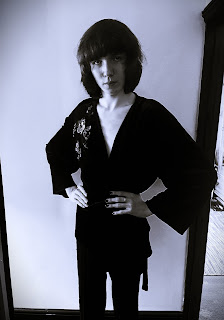





.jpeg)

.jpeg)

.jpeg)


